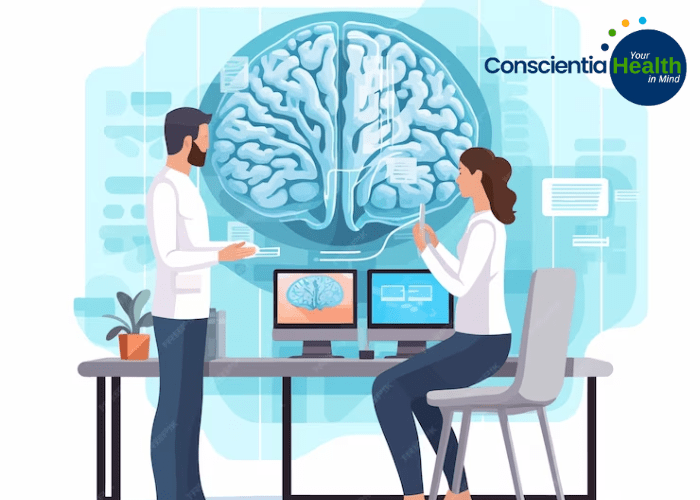Breakthroughs in Mental Health Treatment A New Era of Hope
Mental health has long been a complex and often stigmatized issue. However, recent years have witnessed significant advancements in treatment approaches, offering new hope and improved outcomes for individuals struggling with mental health conditions.
Key Breakthroughs in Mental Health Treatment
- Personalized Medicine:
- Genetic Testing: By analyzing an individual’s genetic makeup, healthcare providers can identify specific genetic variations that may influence their response to certain medications. This personalized approach allows for more tailored treatment plans.
- Biomarkers: Measuring biomarkers in blood or other bodily fluids can help assess the severity of mental health conditions and monitor treatment progress.
- Digital Mental Health Tools:
- Mobile Apps: These apps provide cognitive-behavioral therapy (CBT) techniques, mindfulness exercises, and other tools to help manage symptoms.
- Teletherapy: Remote therapy sessions offer increased accessibility and flexibility for individuals who may face geographical or logistical barriers.
- Neurostimulation Techniques:
- Transcranial Magnetic Stimulation (TMS): This non-invasive technique uses magnetic fields to stimulate specific areas of the brain, helping to alleviate symptoms of depression and other conditions.
- Deep Brain Stimulation (DBS): In severe cases of treatment-resistant depression, DBS involves implanting electrodes in the brain to regulate neural activity.
- Psychedelic-Assisted Therapy:
- Psilocybin and Ketamine: These psychedelic substances, administered under controlled conditions, have shown promise in treating depression, anxiety, and PTSD.
- Mindfulness and Meditation:
- Mindfulness-Based Stress Reduction (MBSR): This practice involves paying attention to the present moment without judgment, helping to reduce stress and improve mental well-being.
The Future of Mental Health Treatment
As research continues to advance, we can expect even more groundbreaking developments in mental health treatment. Some potential future innovations include:
- Artificial Intelligence: AI-powered tools can analyze large datasets to identify patterns and predict disease onset, enabling early intervention.
- Brain-Computer Interfaces: These devices can help individuals with severe mental health conditions communicate and control their environment.
- Advanced Neuroimaging Techniques: More sophisticated imaging techniques can provide deeper insights into brain function and dysfunction, leading to more targeted treatments.
By embracing these innovations and challenging the stigma surrounding mental health, we can work towards a future where everyone has access to effective and compassionate care.
Remember, seeking help is a sign of strength, not weakness. If you or someone you know is struggling with a mental health condition, please reach out to a mental health professional.

